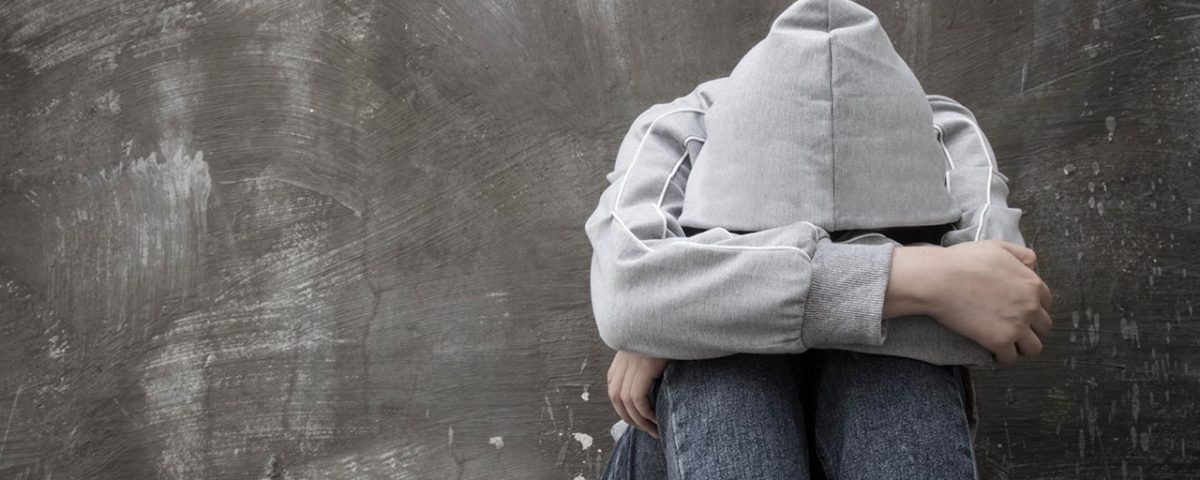With the United States in the midst of an opioid crisis, many people are abusing everything from prescription painkillers to heroin.
As a drug rehab in Philadelphia, we know that while you may think that taking a few extra pills here and there is harmless or that you can stop abusing heroin whenever you want, your body may be saying otherwise.
Effects of Opiate Withdrawal
Like with many drugs that are abused, your body can become dependent on these substances. Without proper heroin or prescription drug addiction treatment, the result is not only a need to take more, but physical and mental side effects when your body goes without it that will continue to get worse. In some cases, the early signs of an opiate withdrawal include consists of an overall feeling of discomfort. In other cases, the effects of opiate withdrawal can be much more serious.Some signs of opiate withdrawal may include:
- Sweating
- Aching muscles
- Shaking
- Stomach cramps
- Nausea and vomiting
- Increased heart rate
- Runny nose
- Drug cravings
- Restlessness
- Anxiety
- Sleep problems
- Diarrhea
- Dehydration
- Fever
- Seizures
These symptoms of opioid withdrawal can vary based on a number of different reasons, but if your body starts to show physical signs of opiate withdrawal that are more severe, it is important that you seek immediate medical help.
The Opiate Withdrawal Timeline
How long someone will experience these symptoms is largely dependent on the individual. Signs of opiate withdrawal can appear less than 24 hours after the last dose. Some symptoms like insomnia, changes in mood, and drug cravings can still occur months or even years after being sober. In general, people will experience the worst of these symptoms for a few days before they begin to taper off.How to Manage Opiate Withdrawal Symptoms
While some people may try to detox at home, it is always safer to undergo a medically-monitored detox because opiate withdrawal is different for everyone and there is always the chance of complications. You can also talk to your doctor. Some doctors can prescribe you drugs that can help wean your body off of these drugs and are helpful resources in case you experience any potentially dangerous symptoms of opioid withdrawal.While detox is an important part of quitting, it is not the only step for a successful long-term recovery. If you or someone you love is experiencing opiate withdrawal, it may be best to enter formal opiate addiction treatment. Programs like these not only help you quit, but also help you learn how to best avoid relapse.
Whether it is opioids or alcohol, if you are unsuccessfully trying to quit these substances, it may be time to bring in reinforcements to help. At Banyan Philadelphia, our staff is here to walk you through the process and prepare you for a life free of drugs and alcohol.
Call 888-280-4763 now to get started.
Sources & References:
- National Institute on Drug Abuse - What is the scope of heroin use in the United States?









